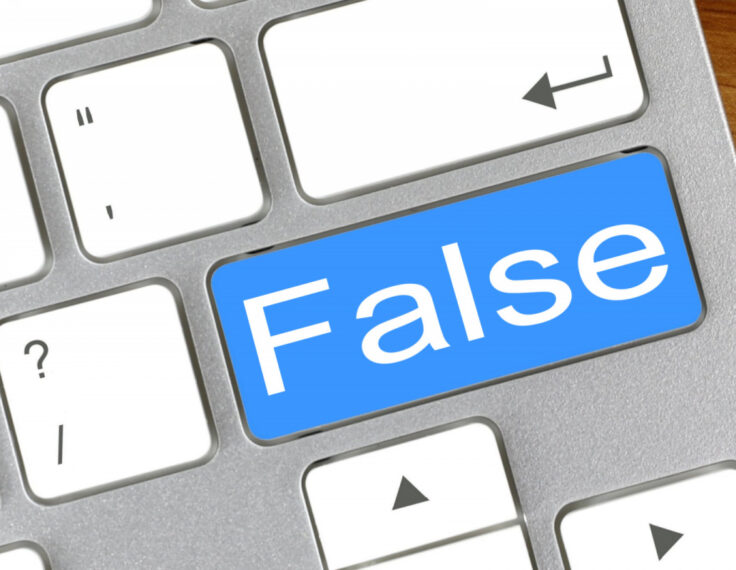
Did the Musk takeover boost contentious actors on Twitter?
Christopher Barrie
After his acquisition of Twitter, Elon Musk pledged to overhaul verification and moderation policies. These events sparked fears of a rise in influence of contentious actors—notably from the political right. I investigated whether these actors did receive increased engagement over this period by gathering tweet data for accounts that purchased blue-tick verification before and after the Musk takeover.

Who knowingly shares false political information online?
Shane Littrell, Casey Klofstad, Amanda Diekman, John Funchion, Manohar Murthi, Kamal Premaratne, Michelle Seelig, Daniel Verdear, Stefan Wuchty and Joseph E. Uscinski
Some people share misinformation accidentally, but others do so knowingly. To fully understand the spread of misinformation online, it is important to analyze those who purposely share it. Using a 2022 U.S. survey, we found that 14 percent of respondents reported knowingly sharing misinformation, and that these respondents were more likely to also report support for political violence, a desire to run for office, and warm feelings toward extremists.

Does incentivization promote sharing “true” content online?
Hansika Kapoor, Sarah Rezaei, Swanaya Gurjar, Anirudh Tagat, Denny George, Yash Budhwar and Arathy Puthillam
In an online experiment in India, incentives for sharing factual posts increased sharing compared to no incentivization. However, the type of incentive (monetary or social) did not influence sharing behavior in a custom social media simulation. Curbing misinformation may not require substantial monetary resources; in fact, social media platforms can devise ways to socially incentivize their users for being responsible netizens who share true information.

A survey of expert views on misinformation: Definitions, determinants, solutions, and future of the field
Sacha Altay, Manon Berriche, Hendrik Heuer, Johan Farkas and Steven Rathje
We surveyed 150 academic experts on misinformation and identified areas of expert consensus. Experts defined misinformation as false and misleading information, though views diverged on the importance of intentionality and what exactly constitutes misinformation. The most popular reason why people believe and share misinformation was partisanship, while lack of education was one of the least popular reasons.

Older Americans are more vulnerable to prior exposure effects in news evaluation
Benjamin A. Lyons
Older news users may be especially vulnerable to prior exposure effects, whereby news comes to be seen as more accurate over multiple viewings. I test this in re-analyses of three two-wave, nationally representative surveys in the United States (N = 8,730) in which respondents rated a series of mainstream, hyperpartisan, and false political headlines (139,082 observations).
